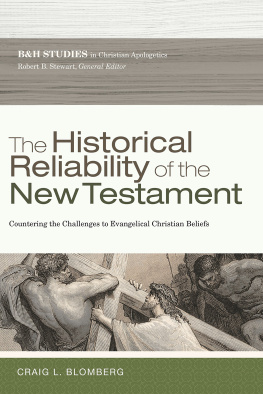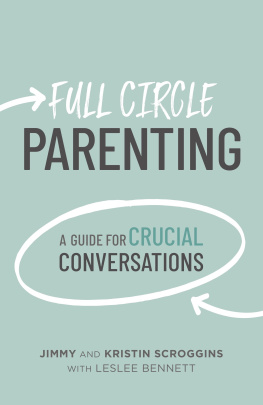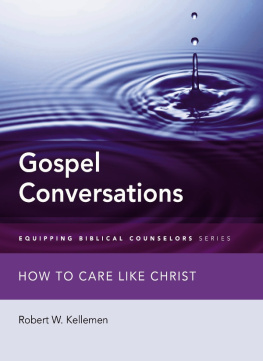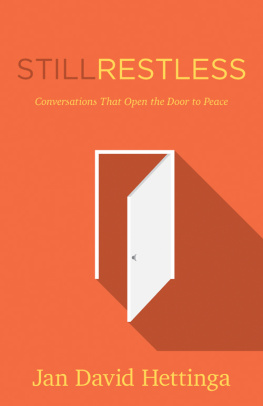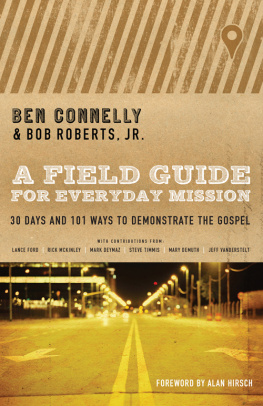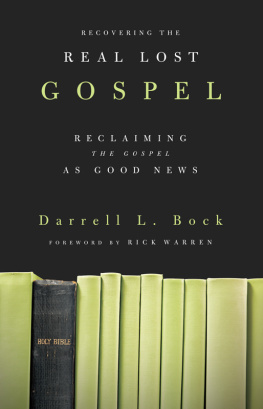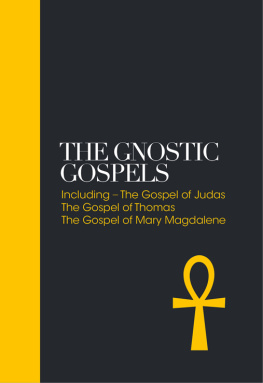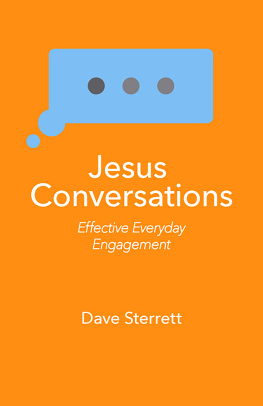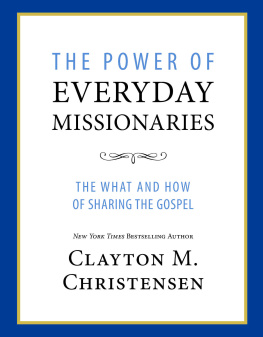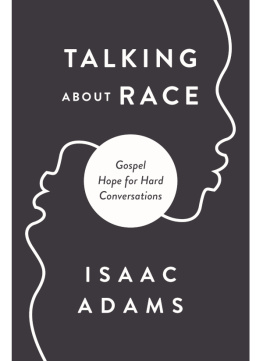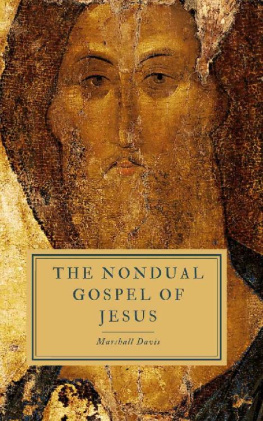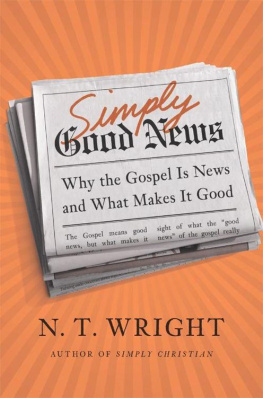The Historical Reliability of the New Testament
Copyright 2016 by Craig L. Blomberg
All rights reserved.
ISBN: 978-0-8054-6437-5
Published by B&H Academic
Nashville, Tennessee
Dewey Decimal Classification: 226
Subject Heading: BIBLE N.T. GOSPELS / GOSPELS / BIBLE. N.T.EVIDENCE, AUTHORITY, ETC.
Unless otherwise indicated, Scripture quotations are taken from the Holy Bible, New International Version, Copyright 1973, 1978, 1984, 2011 by Biblica, Inc. Used by permission. All rights reserved worldwide.
Scripture quotations marked ESV are taken from the Holy Bible, English Standard Version. Copyright 2001 by Crossway Bibles, a publishing ministry of Good News Publishers. Scripture quotations marked NRSV are taken from the New Revised Standard Version Bible, copyright 1989 the Division of Christian Education of the National Council of the Churches of Christ in the United States of America. Used by permission. All rights reserved. Scripture quotations marked KJV are from the Holy Bible, King James Version (public domain). Scripture quotations marked RSV are taken from the Revised Standard Version of the Bible, copyright 1946, 1952, and 1971 the Division of Christian Education of the National Council of the Churches of Christ in the United States of America. Used by permission. All rights reserved. Scripture quotations marked NASB are taken from the New American Standard Bible (NASB) Copyright 1960, 1962, 1963, 1968, 1971, 1972, 1973, 1975, 1977, 1995 by The Lockman Foundation. Scripture quotations marked HCSB are taken from the Holman Christian Standard Bible (HCSB) Copyright 1999, 2000, 2002, 2003, 2009 by Holman Bible Publishers, Nashville Tennessee. All rights reserved. Scripture quotations marked CEB are taken from the Common English Bible (CEB) Copyright 2011 by Common English Bible. Scripture quotations marked NET are taken from NET Bible copyright 1996-2006 by Biblical Studies Press, L.L.C. http://netbible.com All rights reserved.
Printed in the United States of America
1 2 3 4 5 6 7 8 9 10 BP 21 20 19 18 17 16
This work fills a great need in dealing with the myriad of questions people raise to challenge the credibility of Scripture. It is sane, succinct (despite its apparent size), and systematic. This is a work not only to be read but to be used as a constant resource. Simply well done.
Darrell L. Bock , executive director of cultural engagement, Howard G. Hendricks Center for Christian Leadership and Cultural Engagement, and senior research professor of New Testament studies, Dallas Theological Seminary
At the core of the Christian gospel are the historical figure of Jesus of Nazareth and the historical events of his death and resurrection. The question of whether the Bible bears accurate testimony to the Messiah and his saving cross-work is therefore literally a matter of life and death. In this far-ranging compendium, Craig Blomberg painstakingly defends the historical reliability of Scripture and helpfully equips those who want to do the same. Highly recommended!
Andreas J. Kstenberger , senior research professor of New Testament and biblical theology, Southeastern Baptist Theological Seminary, and founder of Biblical Foundations
Thirty years ago (1987), Blombergs Historical Reliability of the Gospels catapulted the author to prominence by demonstrating the weakness of many arguments against the reliability of the Synoptic Gospels. Blomberg would later write similar defenses of the reliability of John (2001) and of the entire Bible (2014). In this helpful volume, Blomberg shows the compelling evidence that supports the historical reliability of the New Testament as a whole. Exemplary scholarship, cogent argumentation, clear and interesting prose, and constant demonstration of the relevance of the topic all combine to make this an outstanding tool for Christians seeking to answer contemporary arguments against the reliability of the New Testament. Highly recommended!
Charles L. Quarles , director of PhD studies and professor of New Testament and biblical theology, Southeastern Baptist Theological Seminary
I cannot think of a better person to write a book on the reliability of the New Testament than Craig Blomberg. We do not have the reflections of a novice here but of a seasoned and veteran scholar, one whose work has stood the test of time. All the virtues of Blombergs scholarship are on display here: he is well versed in secondary sources, he is unfailingly fair to those who hold different views, and his own judgments reflect careful assessment of the evidence. Blomberg demonstrates that trust in the reliability of the New Testament is reasonable; one doesnt have to put ones head in the sand to find in the New Testament writings words that are true and accurate.
Thomas R. Schreiner , associate dean of the School of Theology and James Buchanan Harrison Professor of New Testament Interpretation, The Southern Baptist Theological Seminary
When it comes to a fair, accurate, and balanced defense of the historical reliability of the New Testament, no one does it better today than Craig Blomberg. This far-ranging volume summarizes much of Blombergs previous work and brings together a wealth of evangelical scholarship in a clear and accessible format. It is another masterpiece from one of the leading voices in New Testament studies.
Mark L. Strauss , University Professor of New Testament, Bethel Seminary
fr Eckhard Schnabel
Freund, Modell, und Inspiration
Foreword
Sometime in the latter part of the first decade of the 2000s, Dr. Eckhard Schnabel, the Mary French Rockefeller Distinguished Professor of New Testament Studies at Gordon-Conwell Seminary, asked me when I was going to write a book on the historical reliability of Acts. I chuckled because I thought he was teasing me for my seemingly one-track mind. I had already written several books that impinged on the topic of the historical reliability of the Gospels and imagined him to be showing mock surprise that I hadnt written yet one more on the one other major narrative portion of the New Testament. As it turned out, he was completely serious, so my next reply was to point out that he was the one at the time writing a major commentary on Acts (for the Zondervan Exegetical Commentary on the New Testament), and I was sure he would have plenty on questions of the historicity of the passages as he made his comments.
Eckhard replied that he had already had to axe substantial amounts of text to reduce the commentary to the parameters the series and the publisher required, and he had often decided to considerably abbreviate his treatments of historicity. Moreover, I had shown in my other writings the ability to capture a semipopular level of contents and writing style while still being thoroughly abreast of all the requisite scholarship, interacting with a fair amount of it and footnoting other key resources. That kind of book on Acts, he decided, was just what was needed.
The Historical Reliability of the New Testament is not the book Eckhard wanted me to write. But it is a substantial work with two reasonably thorough chapters on Acts tucked inside twelve other chapters that together make the case for the overall reliability of the New Testament under all the major topical headings being discussed in the scholarly world today. Perhaps when he sees the end product, he will forgive me for not quite doing what he wanted me to do, even while giving me the inspiration for writing yet one more work on this particular topic.
I am grateful to many people for making this book a reality. Dr. Robert Stewart was enthusiastic about it fitting into a larger series of philosophical and apologetics books he was commissioning and planning to help edit. B&H Academic was glad to offer me a contract; I can only apologize for how late in coming the manuscript was, compared with the first contract submission date I received. Two research assistants over a three-year period, Emily Gill (now Emily Manuel) and Sara Bibb (now Sara Evans) read various chapters and made excellent suggestions for improving the documents clarity, as well as helping me track down the occasional book, article, quote, or reference to aid me in the writing process. The Carey S. Thomas library of the Denver Seminary where I teach, led by the expert guidance of its director, Dr. Keith Wells, continues to purchase a large number of the databases, books, and journals I need for my research, even if not quite as high a percentage as we used to be able to afford. What is not available on-site or online is often readily accessible at the Ira J. Taylor Library of the Iliff School of Theology in town, while almost everything else can be ordered and arrives remarkably promptly via our interlibrary loan service. Despite ever-increasing challenges to free up writing time for its faculty, my seminarys administration and board of trustees remain committed to encouraging those of us with the passion and abilities to research and publish to keep trying to do so. For all these provisions I am most thankful.
Next page
